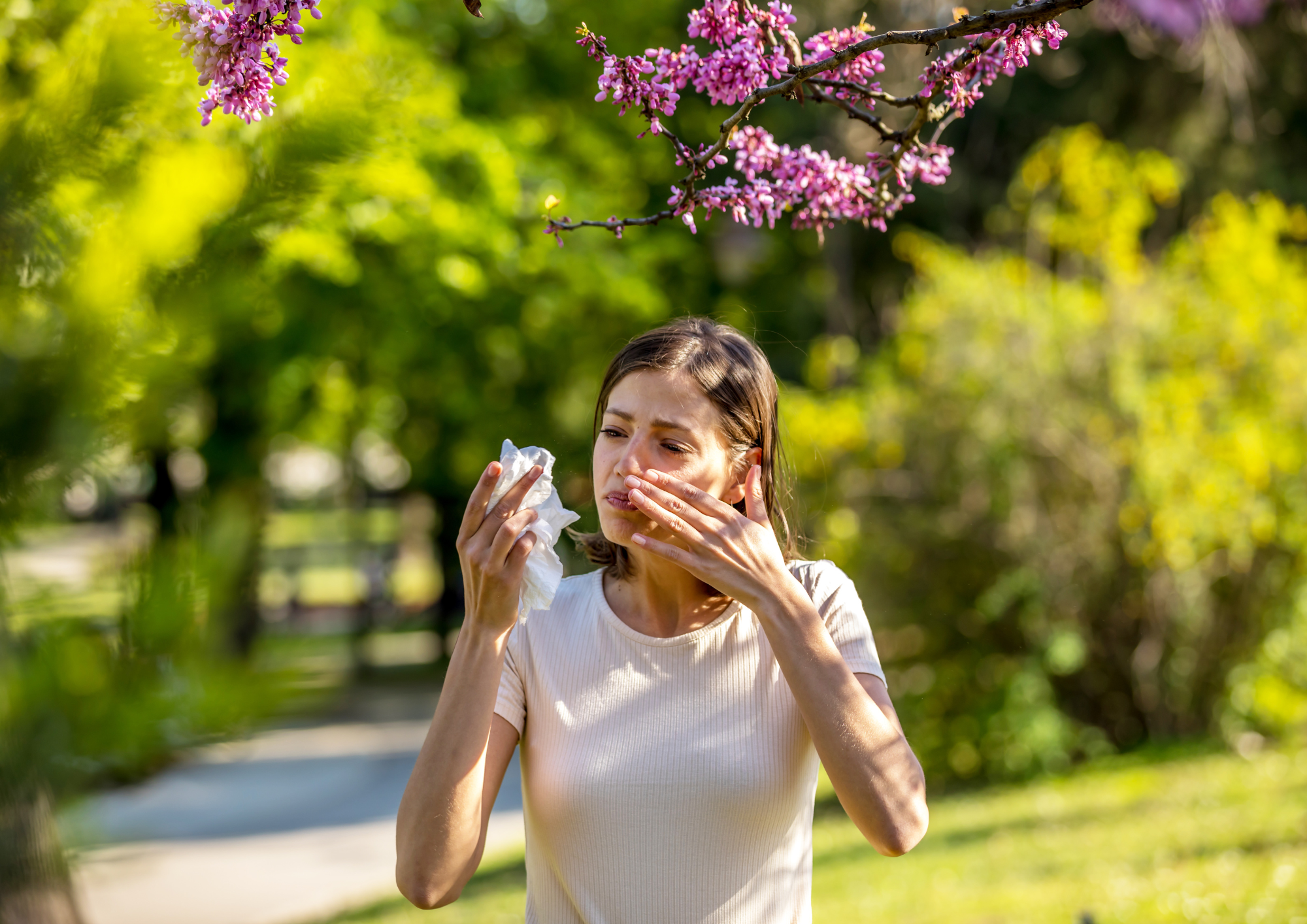Spring can be a beautiful time, but for some people and seniors, it brings allergies that make them feel miserable. Allergies happen when the body’s immune system reacts to something harmless as if it were a threat. These substances are called allergens, and they can cause symptoms ranging from mild to severe. Common types of allergies: seasonal allergies (hay fever), food allergies, skin allergies, drug allergies, insect sting allergies, dust, mold, and pet allergies.
eniors can have a harder time managing allergies because of age-related changes in the immune system and possible interactions with other medications. Keep an eye on symptoms and ensure they take prescribed medications as directed.
Recognize the Symptoms
Allergy symptoms can include:
- Sneezing
- Runny or stuffy nose
- Itchy, watery eyes
- Coughing
- Fatigue
Keep Track of Medications
Some seniors take allergy medicines like antihistamines or nasal sprays. Make sure you:
- Follow the doctor’s instructions carefully
- Keep a record of when and how much medicine they take
- Watch for any side effects, like drowsiness or dizziness
- Let the doctor know if symptoms aren’t improving
Reduce Pollen
Get enough rest to help their body fight off symptoms.
Pollen is a common trigger for spring allergies. To limit exposure:
- Encourage your client to wear sunglasses and a wide-brimmed hat when going outside
- Close windows and use air conditioning on high pollen days
- Change clothes and wash up after spending time outdoors
- Consider using an air purifier indoors to filter out allergens
Clean Regularly
Dust and pollen can settle on surfaces and clothing. Help keep allergies under control by:
- Washing bedding and clothes often
- Wiping down surfaces with a damp cloth to catch allergens
- Keeping floors clean by vacuuming regularly (use a vacuum with a HEPA filter)
Hydrate and Rest
Allergies can make seniors feel tired and congested. Make sure they:
- Drink plenty of water to stay hydrated
- Get enough rest to help their body fight off symptoms
Keep Communication Open
Always listen to your client and ask how they’re feeling. If symptoms get worse or new ones appear, contact a healthcare professional.
Allergies are common and can happen to anyone, anywhere, including places like Japan, where pollen allergies are a widespread issue. Understanding what triggers allergies and how to manage them can make a big difference in comfort and safety, especially for seniors.
By staying prepared and being mindful of allergy triggers, you can help your senior client feel more comfortable during the spring season.







